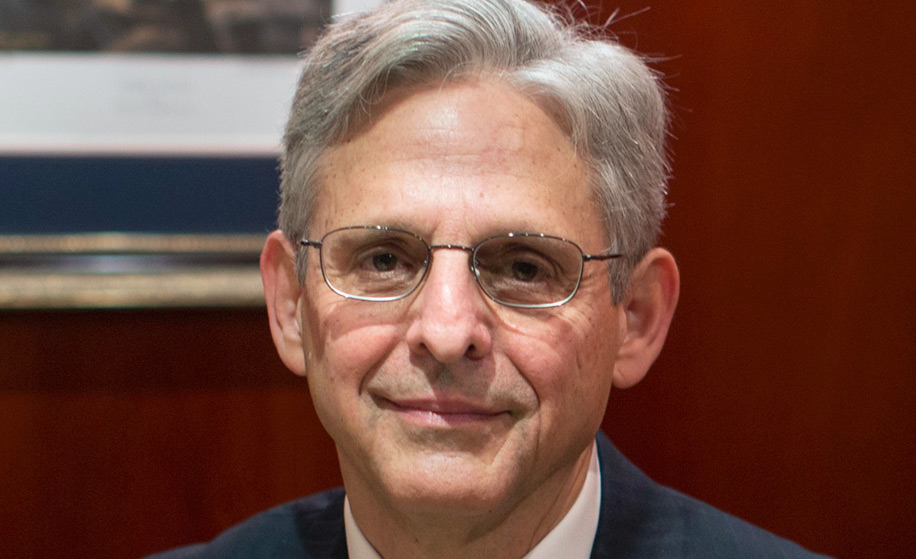The media’s ongoing lies about Merrick Garland are doing a lot more harm than you think

Aside from deliberately lying about the nature of the DOJ’s probe into Jan 6, the media’s misrepresentation of Merrick Garland and his work is harmful in a number of ways – eroding faith in democratic institutions while the media is clearly chasing ratings and far more interested in that than democracy itself – as it completely ignores a number of the day-to-day operations the DOJ is currently working on about other things completely unrelated to Donald Trump but still crucial to a functioning democracy.
In a previous Palmer Report story, we discussed how the media has largely neglected Garland’s work on antitrust law – which will inevitably be buried in the event of a Republican administration taking power any time in the foreseeable future. Now we’re seeing the DOJ react to another crucial facet of the law but it’s not nearly getting enough attention at a time when it should.
Merrick Garland on Thursday reacted to the lawsuit launched by Texas in reaction to federal protections the Biden administration has introduced to ensure reproductive freedom throughout the US – making clear that doctors and nurses are protected for giving the care their patients need. Unfortunately, even the fact that the Biden administration enacted this workaround to the overturn of Roe v. Wade has escaped much of the media’s attention, so Garland was forced to go live and talk directly about what the administration is doing. The fact that we no longer have reality TV performers in the executive branch of government is terrible for news ratings and for media pundits – but it’s also kept them from their primary job of informing the public.
The fact is that Biden and his administration have scored an important victory and potential voters don’t realize how significant it is – so much so that Garland felt the need to go public with it. He’s not just upholding this executive order – but even threatening to sue states that will not comply.
James Sullivan is the assistant editor of Brain World Magazine and an advocate of science-based policy making
